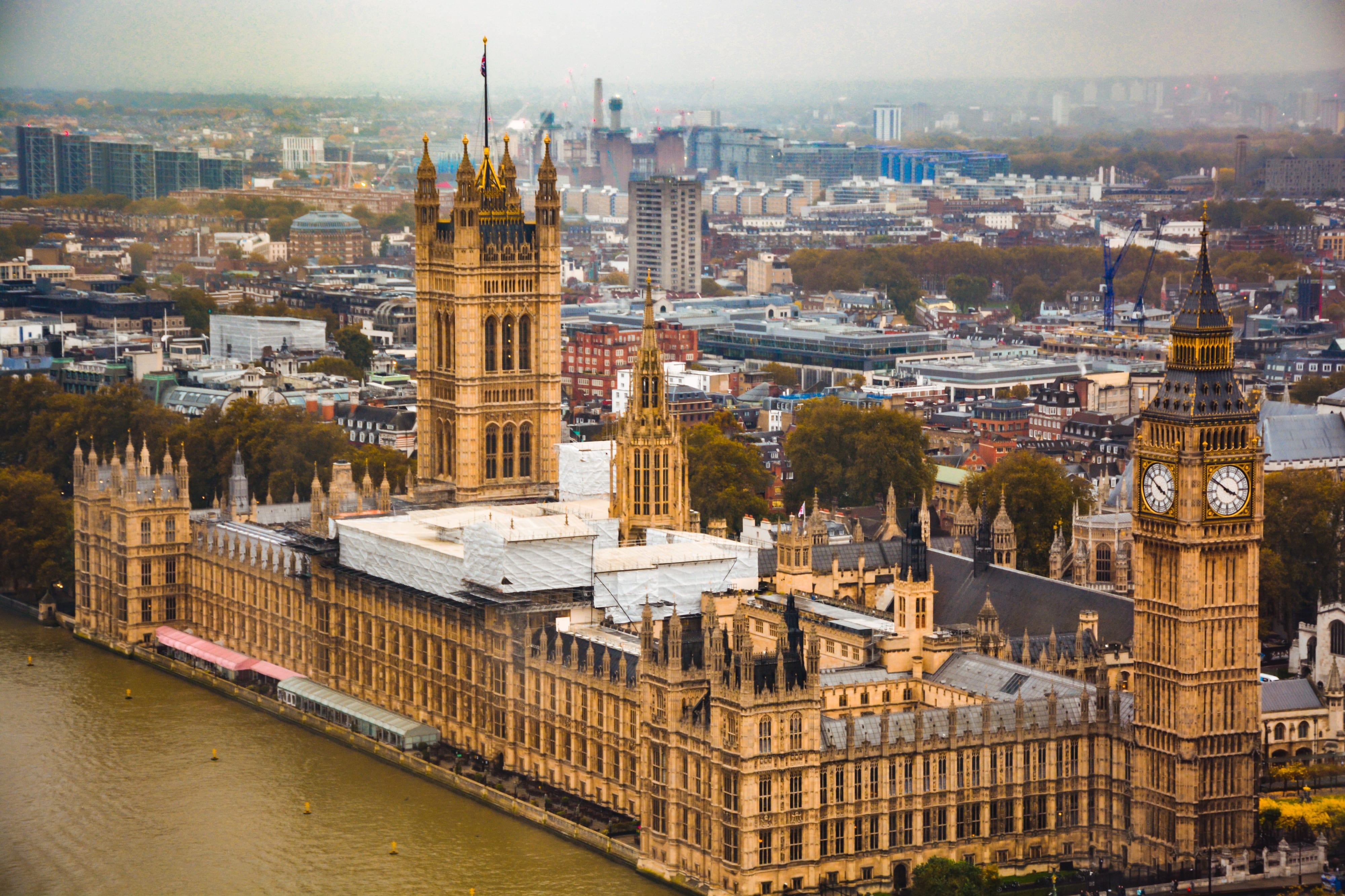
In March this year, the Government outlined plans to make trespassing with the intent to reside a criminal offence as part of the Police, Crime, Sentencing and Courts (PCSC) Bill. Gypsy and Traveller communities have expressed their concern about the impacts the Bill will have on existing inequalities.
Gypsy And Traveller Empowerment For Hertfordshire (GATE Herts), received funding through People’s Health Trust’s Active Communities programme, using money raised by Health Lottery South East. The project recently launched a survey to understand the impacts the Bill might have on Gypsy and Traveller communities.
The survey, which ran for 28 days throughout April 2021, asked respondents for their views on the proposed changes. Of those surveyed, 90% said they didn’t think it was necessary to criminalise trespass; 41% said they would be directly impacted by the changes and 26% said it would directly impact family members.
In 2020 GATE Herts commissioned a report which was funded by the Ministry for Communities and Local Government (MHCLG) to examine the psychological effects of hate crime on Gypsy, Traveller and Roma (GTR) communities.
The report ‘Hate: As regular as rain’ highlights that 78% of survey respondents from GTR communities suggest that incidents of hate speech/crime happen very often, and some respondents said they encountered these experiences on a daily basis.
Gypsy and Traveller communities have raised concerns that these new measures will contribute further to the discrimination they already face. In the survey by GATE Herts, 94.74% of respondents reported witnessing more hate crime/speech since the introduction of the proposals in the PCSC Bill.
Previous studies have found that GRT communities experience some of the worst health inequalities in the UK. One study found that the difference in life expectancy for people in these communities is up to 28 years lower than the general population.
GATE Herts asked how the proposal to criminalise trespass will impact on the mental health of those affected. Alarmingly, 60% of respondents reported that the proposal was making them extremely worried, a further 25% reported being quite worried and 10% said they were worried. This indicates that the Bill is likely to contribute to worsening health outcomes.
One of the main concerns raised by GRT communities is the lack of access to Gypsy and Traveller pitches provided by local authorities. A study by Friends, Families and Travellers (FFT) in 2019 which assessed the need and supply of Gypsy and Traveller pitches in the South East of England found that only eight out of 68 local authorities meet their identified need for Gypsy and Traveller pitches.
These concerns are reflected in the GATE Herts survey results, in which 92% of respondents felt there is insufficient provision available to nomadic Travellers on transit sites.
People’s Health Trust works with communities experiencing disadvantage to tackle social and economic inequalities. The survey results from GATE Herts raise serious concerns regarding the plans to make trespassing with intent to reside a criminal offence in the PCSC Bill.
These concerns should be acknowledged and addressed before the Bill is given its third reading in Parliament or it risks putting GRT communities at further risk of discrimination, inequality and negative long-term health impacts.
Josephine 0 Driscoll, GATE Herts CEO, said:
“The ramifications of these measures will be catastrophic for an individual and a family – suddenly without a home or possessions and with family members forced into the criminal justice system.
GATE Herts concludes that this enforcement approach to addressing the number of unauthorised encampments overlooks the issue of the lack of site provision.
Access to culturally appropriate accommodation is a fundamental human necessity, however we feel that under this proposed legislation travelling will essentially be prohibited by law.”
